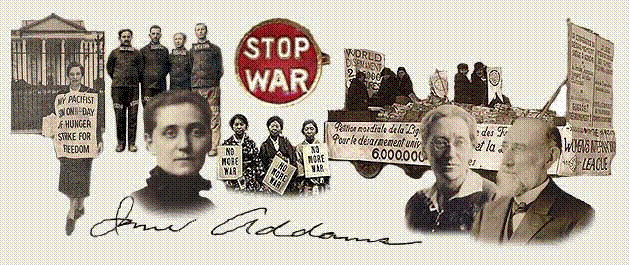My father’s brother, Ralph, was nineteen when WW1 began and, as a pacifist, refused to join up. In 1916, following conscription, he was convicted as a deserter for ignoring the call-up. An idealistic, intelligent but mentally unstable young man, he also refused any other occupation that might indirectly support the war. Despite great pressure from family and friends to comply, he refused to change his mind and was subsequently imprisoned in Sterling Prison and fed only bread and water. He then went on hunger strike. After three months he began to get delusions that he was being hypnotised. He was eventually moved to a hospital where he was described as, ‘…silent, morose, depressed, staring into space, easily upset, at times agitated, talking to himself and occasionally violent.’ To cut a long story short, he was eventually diagnosed with schizophrenia and later ‘primary dementia’ with petit mal attacks. He lived the remainder of his life in psychiatric hospitals and died in 1965 at the age of 70. Though it is likely he already had some underlying psychiatric problems (following his mother’s death as a child and then being sent away to boarding school, he had exhibited strange behaviour) there can be no doubt that the brutal prison regime followed by insensitive medical care sent him over the edge and resulted in a wasted life of incarceration.
I am not a pacifist (anyway, I’m probably too much of a coward to declare myself a CO in the face of public condemnation, even if I secretly had sympathies with their views). Though I abhor violence it seems self-evident that occasionally there is no alternative. Simply on a domestic level, if you, members of your family or friends, are being attacked you must surely attempt to defend them – it’s instinctive. Extending that principle to one’s country, we sometimes have little option but to protect ourselves and our allies or interests, by force of arms. However, this should always be a last resort (both recent wars in Afghanistan and Iraq, in my view, could have been avoided and much subsequently unrest and violence).
I’m not sure I approve of Ralph’s views or not. However, since we were fighting to defend civilised and democratic values surely his (and other COs) actions should have been given greater respect whether society agreed with them or not. Although few COs were executed for desertion, many ended up suffering ill-health through cruel treatment in prison. Quite a few committed suicide or, like Ralph, developed mental health problems caused, or exacerbated, by wartime experiences.
Ever since I discovered about my uncle a few years ago (it had been a family secret) I’d thought of writing a song about him. And now, with so much media attention given to commemorate 100 years since the outbreak of WWI, it seemed appropriate I should try and depict the struggles of people like Ralph. So far I’ve only managed to finish two verses (just one below) so it’s very much a work in progress.
AWARD OF THE WHITE FEATHER
Didn’t die in any battle, but he might have all the same.
No comrades there to honour him – no last post in the rain.
Wasn’t at Gallipoli, Passchendaele or Verdun,
Never shivered in the trenches or was deafened by the guns.
But when the war was over and the victory had been won,
He still lay in a prison cell, his sentence just begun.
C: And the one and only medal that he wore – the white feather.


